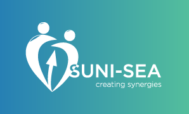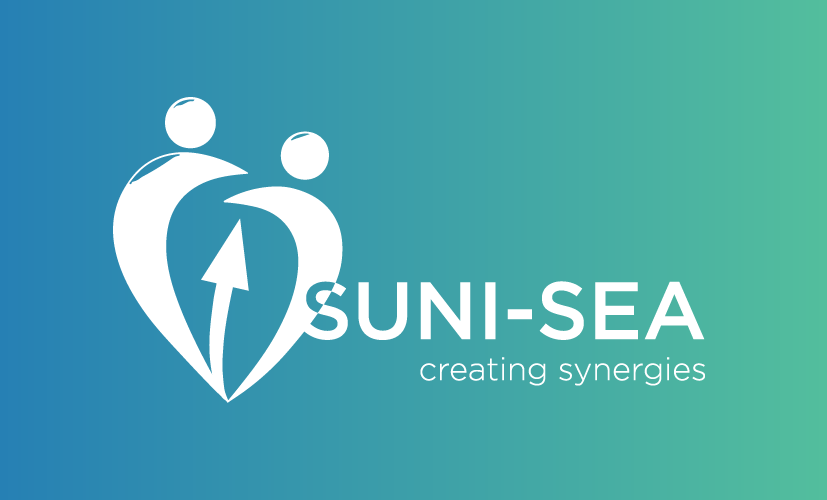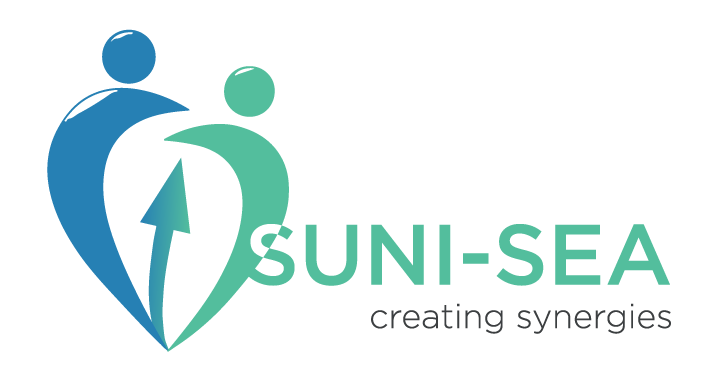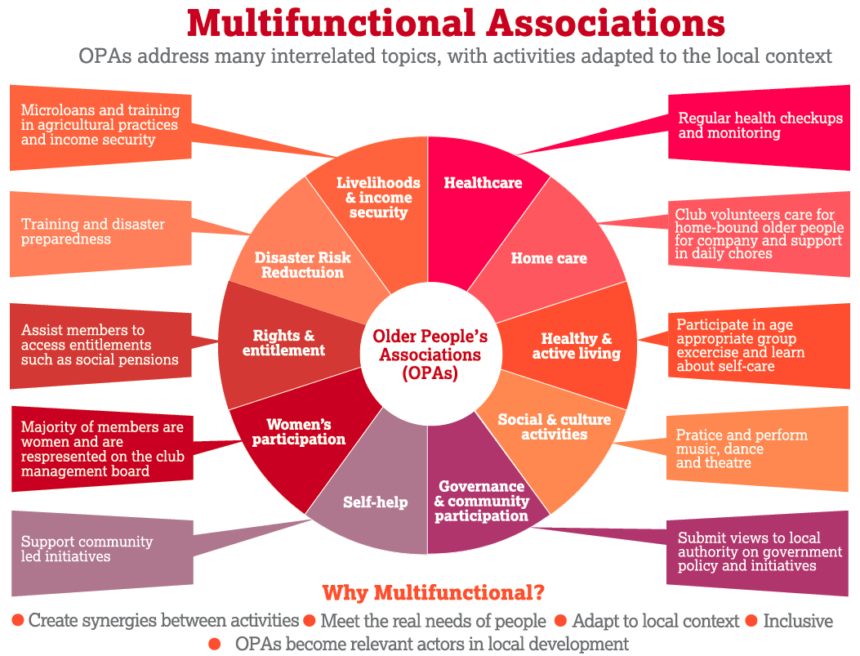Self-help groups
Self-help Groups in SUNI-SEA
Multifunctional older people’s clubs, or older people’s associations (OPAs), are community-based organisations that mobilise older people to improve their own lives and to contribute to the development of their communities in many ways. The club activities include:
- building social connections to improve mental health
- conducting regular health awareness sessions on communicable and non-communicable diseases (NCDs)
- monthly health screenings and bi-annual health check-ups
- promoting health insurance uptake
- delivering community-based homecare services for those most in need.
To guarantee the long-term impact and reach, the clubs work closely with the local government health clinics and private health service providers, as well as the local community and authorities. The model is adapted to specific contexts and known by different names.
Myanmar
In Myanmar, inclusive self-help groups (ISHGs), which are known as lu hmu ar man (“social capital”), are led mainly by older people and those with disabilities, with active leadership and participation from other vulnerable groups. They support villagers to improve the health of community members through promoting healthy lifestyles, providing regular check-ups and referring people to health centres. They provide low-interest loans and training to support people to build livelihoods so that they have a regular, reliable income. And they help individuals access social protection services, such as social pensions and disability grants. The ISHGs build stronger communities by establishing social networks that empower people and provide new opportunities to socialise and participate.
Vietnam
The clubs in Vietnam is known as intergenerational self-help clubs (ISHCs), are a multi-functional community model. The groups relate health to the bigger social context of gender equality and social security to effectively prevent and reduce the impact NCDs by:
- promoting healthy and active ageing
- encouraging healthy lifestyle awareness and practice
- conducting regular health screenings and teaching people how to manage of NCDs
- improving access to treatment and care.
The contribution of self-help groups to prevent and control of hypertension and diabetes will be an important part of the research because they link NCD prevention and management to social security and poverty reduction. Recently, the Lancet Taskforce on NCDs and economics has underlined the importance of this connection.
For the purposes of this project, the clubs’ work on health, including gender, will be the primary focus. Since HelpAge applies the OPA model also in African countries, lessons learned from the SUNI-SEA project could be applied to other continents as well. Learn more about OPA model.




